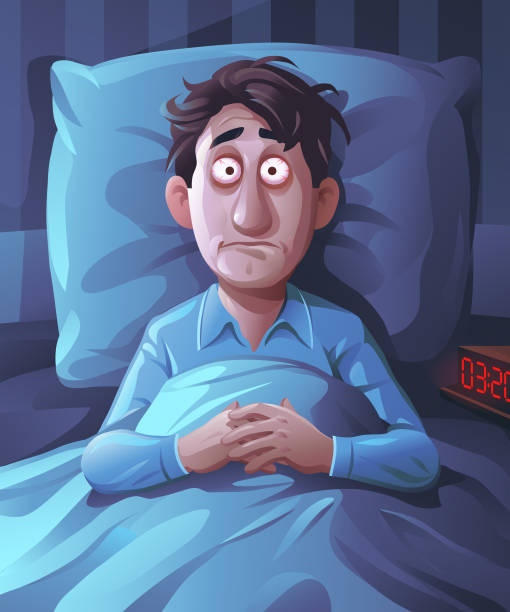What are Sleep Disorders?
Sleep disorders are medical conditions that affect the amount and quality of sleep you get. They can have a significant impact on your daytime functioning, quality of life, and overall health due to the sleep deprivation they cause. The medical community has recognized and defined over 100 different sleep disorders.
The most common sleep disorders are:
- Insomnia
- Sleep apnea and snoring
- Syndrome of restless legs
- Sleep limb movements regularly
- Narcolepsy
Signs and Symptoms of Sleep Disorders
Insomnia
- Racing thoughts when attempting to sleep.
- Waking up in the middle of the night and being unable to sleep again.
- Having a Sleepy feeling during the day.
- Concentration or memory issues
- Irritability
- Tiredness in general
Narcolepsy
- Feeling sleepy during the day, despite having slept well the night before.
- Dozing off while driving
- Sleeping in inappropriate places
- Frequently feeling dazed or drowsy
Sleep Apnea
- Snoring Loudly
- Feeling tired upon waking, despite having slept for several hours
- Feeling sleepy all day
- Waking up with headaches
Restless Leg Syndrome
- Inability to keep your legs still at night
- Being told that you kick at night
- Leg aching or crawling sensations
How to Treat Sleep Disorders?
Depending on the form of sleep disorder you have, your doctor may suggest the following medical treatments:
- Melatonin supports or sleeping pills
- Medicine for allergies or colds
- Medications to treat underlying health problems
- Operation or an assistive respiratory device (usually for sleep apnea)
- A mouth guard (usually for teeth grinding)
Changing your lifestyle can also help you sleep better, particularly when combined with medical procedures. Consider the following:
- Adding more vegetables and fish to your diet while lowering your sugar intake
- Exercise to alleviate stress and anxiety
- Creating and adhering to a regular sleeping schedule
- Drinking less water before going to bed
- Caffeine consumption should be limited, particularly in the late afternoon or evening.
- Reducing your use of tobacco and alcohol
- Before going to bed, eat smaller, low-carbohydrate meals.
